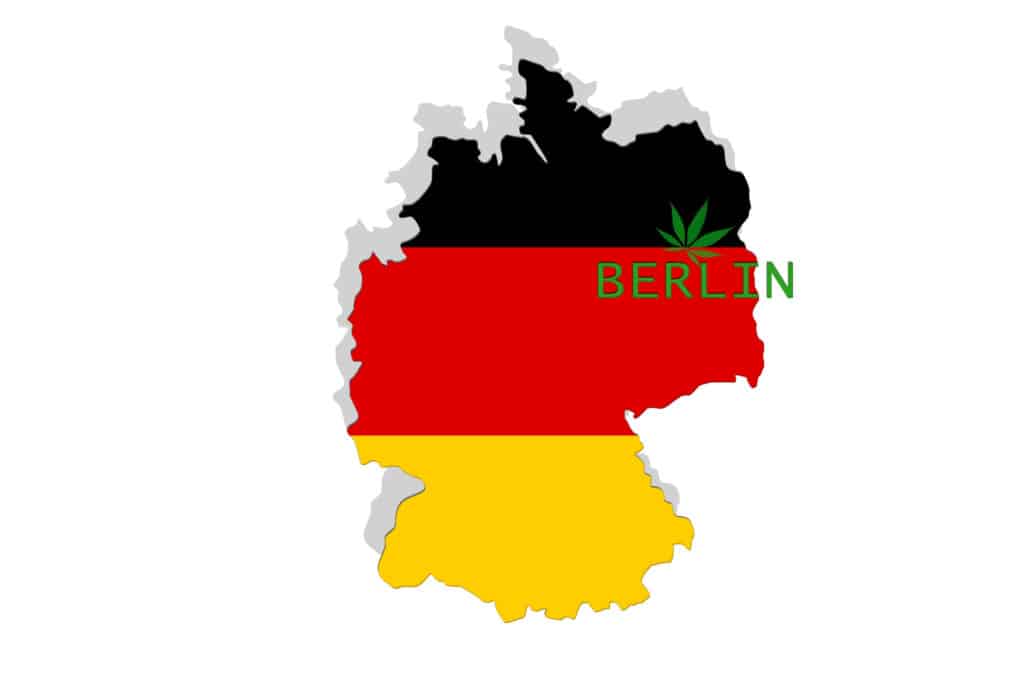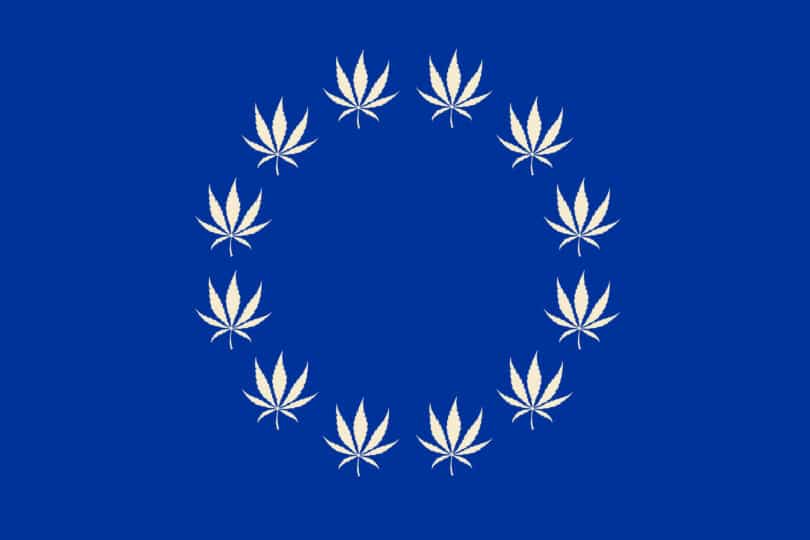It’s the elephant in the room. The EU is a changing place when it comes to cannabis, and the federal governance must catch up, or risk greatly angering constituent countries. Recently, the EU parliament held a cannabis debate for the first time ever; as more and more pressure mounts to usher in a new time of weed friendliness; complete with operational sales markets.
EU parliament cannabis debate
On June 28th of this year, the EU parliament held a cannabis debate via the ‘Legalization of Personal Use of Cannabis: Exchange of Best Practices’ session. This is a first for the parliamentary body, and a sign of the times given how many European countries have recently legalized, or are on their way to it. Of the Parliament’s 705 elected members, nearly 50% were represented by the four co-sponsors of the conference.
The debate was chaired by Luke Flanagan, of Ireland; and held in Brussels, in the EU headquarters. Its main purpose was to make some noise for regulators in this new atmosphere of cannabis acceptance. EU countries want to be able to open sales markets, as evidenced by the recent debacle with Germany, and Luxembourg’s watered-down legalization. Until the EU changes policy, it will stand in the way every time.
Said Flanagan of the event, “The importance of this gathering is not so much what we can get the European Commission to do, it’s more to see that they don’t get in the way and hinder this process. We don’t have competence over this area but it seems the Commission has the power to throw spanners in the spokes when countries try to do it.”

He continued, “The best thing we can achieve is to make sure we all know what is being told to us by the Commission – and that this is consistent – so we all know exactly what is going on. As MEPs we cannot directly change the law but what we can do is make sure that for any state looking to go down this route, it is made as easy as possible.”
The event was co-chaired by Mikuláš Peksa, the Czech Chairperson of the European Pirate Party, a part of the largest bloc made up of Greens/European Free Alliance. Second biggest bloc – Socialists and Democrats, also supported the event. As did, the European Conservatives and Reformists Group and the Left bloc, which was onboard as well.
Tomas Sadilek, a co-drafter of upcoming Czech Republic cannabis law, explains the problem when he says: “The European Commission is our biggest obstacle… it is always easier to regulate than deregulate and withdrawing cannabis from European legislation is very problematic.”
He further identified the three main issues as 1) the Schengen Agreement which sets law for the free movement of goods between borders, 2) the EU 2004 framework on drug trafficking, and 3) the International drug conventions. As the Czech Republic puts together its plans, these issues weigh heavily on the minds of Sadilek and the other drafters; who are worried of a negative response from the EU.
Germany Exemplifies the issue best
Right after Easter, on April 12th, Germany made it official; it wouldn’t fully legalize cannabis and open a sales market. Months of rumors, back-and-forth planning, and politician lines came to an end. Whatever the plan had been, no longer was. The EU wouldn’t allow it.
Germany first started talking about a wide-reaching cannabis reform measure, last spring. Essentially, the decision was made to do something; but that something, and when it would happen, were left undefined. There was a rush to get it done though, and it didn’t take long for speculations to fly.

By the fall, Germany was abuzz with plans, releasing information about a full legalization plan, complete with a consumer sales market. There was a background question of whether the EU got a say in things, but most were ignoring this in light of making big plans. New laws were meant to be released by the end of the first quarter of 2023.
In early 2023, however, it became apparent that things weren’t as easy as this. The EU quite obviously does get a say, and due to its own global legal and contractual obligations; couldn’t (or simply wouldn’t) allow Germany to open a recreational sales market. There was even question of Germany ignoring EU mandate, and moving forward; but it also became clear Health Minister Karl Lauterbach had no such intentions, and would follow whatever EU directive was given.
The scaled back plan involves personal cultivation laws and a social-club-like setup for obtaining product. It involves a second part that does include legal sales, but on a very small scale as part of a pilot program. Germany’s pilot program is expected to be similar to the one passed by Switzerland; which recently announced its first approved site in Zurich. Details for Germany’s program are still in the works, so how far-reaching it will be, is still undetermined.
Why this matters to the Czech Republic
It matters to the Czech Republic, in the same way it matters to Malta, Luxembourg, and Germany. They all just legalized recreational cannabis, or are on the way to do it. I leave out Switzerland, as its not an EU country, and not beholden to EU mandate. In terms of the three mentioned, Malta and Luxembourg passed official legalization measures; the former legalizing personal cultivation and social-club-style associations; and the latter only legalizing personal cultivation. Luxembourg, for how restrictive its policy is, was the first EU country to mention legalizing cannabis for recreational purposes, a few years ago.
As of yet, the Czech Republic said very little, and that’s likely so as not to build up expectations, like Germany did. It’s probably way less about being sneaky, and way more about truly not knowing what to expect, and what can legally be done. What we do know, is that the Czech Republic announced its intention to legalize, in tandem with Germany’s October-released initial draft regulations. The original idea was to coordinate with Germany, its next-door neighbor.
As recently as a couple months ago, the most that was released, was that there is a plan for a new drug strategy in the country, that it has a lot to do with addiction policy, and that this would include some form of a recreational cannabis market. This last part comes with a caveat: so long as the EU approves. Apparently, as per Prime Minister Petr Fiala, the plan incorporates five main points: 1) cannabis regulation, 2) taxes, 3) drug prevention, 4) drug treatment, and 5) dealing with the EU. Clearly the situation is well understood.

How will that go? Hard to say. So far, the EU hasn’t let up on banning sales markets. But only three countries have gone through a legalization process, thus far. Maybe the Czech government has a good argument, or maybe it found a good loophole. Or maybe it isn’t going to actually have a regulated sales market. One thing for sure is, whatever it will do, currently hinges on EU approval of its plan.
So we come full circle as to why the recent EU parliamentary cannabis debate is important. The EU governs certain cannabis policy for its member states, and that policy is becoming more and more outdated in a world quickly warming to weed and weed markets. What will it take to change current EU policy; and is the EU willing to do it? If it’s not right now, how many of its member states will it piss off, before the tides officially change?
Conclusion
The recent EU cannabis debate shows that there is a certain understanding in EU governance that things must change. How long it’ll take, and how many missteps in the process, remain to be seen. For now, the EU isn’t letting its countries have the legalization measures they want; and this is making for increasing pressure from member states. Something will eventually blow.
Hello cannabis enthusiasts! Welcome to Cannadelics.com, an independent news site here to bring you ongoing coverage of the cannabis and hallucinogen landscapes. Don’t be a stranger, come ’round regularly for updates. And check out the Cannadelics Weekly Newsletter, for the best product promos, along with the news.

